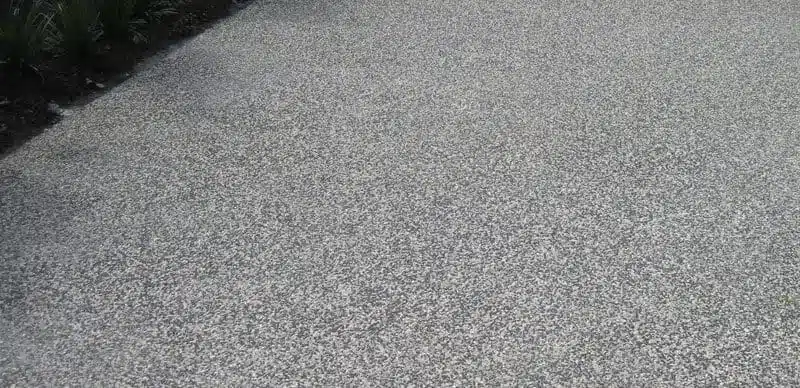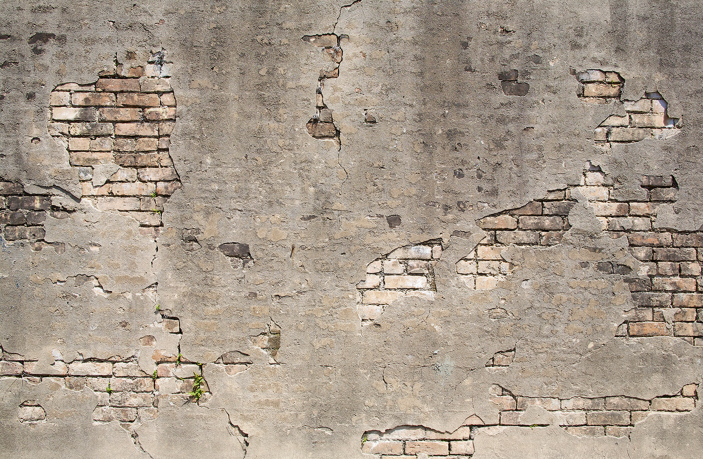Why Pick Our Concrete Solutions: Quality in Every Pour
Why Pick Our Concrete Solutions: Quality in Every Pour
Blog Article
Unveiling the Eco-Friendly Advantages of Making Use Of Recycled Concrete in Sustainable Construction Practices
In the world of lasting construction methods, the use of recycled concrete stands as a critical yet usually undervalued resource. Past its standard applications, recycled concrete deals a myriad of environmentally friendly benefits that extend much past the boundaries of standard building and construction products.
Ecological Benefits
Undoubtedly, among the most substantial advantages of utilizing recycled concrete is its favorable influence on the atmosphere. By including recycled concrete into building practices, there is a substantial decrease in the demand for brand-new raw products, leading to preservation of natural deposits. This procedure helps in protecting aggregates, water, and energy that would have been utilized in creating new concrete. In addition, making use of recycled concrete diminishes the amount of waste being sent out to landfills, consequently decreasing environmental contamination and alleviating the pressure on landfill capabilities.

Additionally, the manufacturing of typical concrete is a significant resource of carbon discharges because of the energy-intensive procedure of concrete manufacturing. On the other hand, recycled concrete has a reduced carbon footprint as it reduces the need for brand-new concrete production. This decline in carbon exhausts contributes to mitigating environment modification and supports sustainable building and construction techniques. In general, the environmental benefits of using recycled concrete are substantial and play a critical role in advertising environment-friendly construction approaches.
Cost-Efficiency
Achieving cost-efficiency is an extremely important consideration when evaluating the usage of recycled concrete in building and construction jobs. One of the crucial advantages of using recycled concrete is its cost-effectiveness compared to conventional concrete.
In addition, using recycled concrete can bring about financial savings in landfill prices by drawing away concrete waste from disposal websites. This not only lowers the ecological impact yet also removes the costs connected with waste removal. The sturdiness and performance of recycled concrete are comparable to traditional concrete, making sure that expense financial savings do not jeopardize the top quality of the building and construction.
Resilience and Stamina
Thinking about the significant cost-efficiency advantages of utilizing recycled concrete, it is important to analyze its durability and stamina in construction applications. Recycled concrete offers similar, if not superior, resilience and toughness residential properties to standard concrete. With advancements in processing techniques and top quality control, recycled concrete can satisfy or exceed the performance standards of standard concrete. The procedure of reusing concrete entails squashing, arranging, and screening old concrete to generate aggregates that can be used in brand-new building tasks. These recycled aggregates can providing satisfying compressive strength, durability, and long-lasting efficiency.

Waste Decrease
When it comes to utilizing recycled concrete, waste decrease is an essential advantage that contributes significantly to ecological preservation. By integrating recycled concrete into building and construction tasks, this waste is repurposed and drawn away from land fills, decreasing the overall ecological influence of building tasks.
Additionally, the use of recycled concrete can lead to set you back financial savings for building tasks, as it is commonly more budget-friendly than sourcing and delivering new materials - Concrete. In verdict, waste reduction via the utilization of recycled concrete is an important component of lasting building techniques that profits both the environment and the building market as a whole.
Energy Preservation
When it comes to using recycled concrete in building and construction, substantial power savings are attained compared to conventional concrete production. The process of producing recycled concrete involves recycling and crushing existing concrete materials, which consumes less energy than mining, handling, and transporting view it raw materials for brand-new concrete production.
Verdict
In final thought, the use of recycled concrete in sustainable building methods offers many ecological benefits, cost-efficiency, longevity, toughness, waste reduction, and energy conservation. By including recycled concrete into construction tasks, we can add to a much this link more sustainable and eco friendly future. It is necessary for the construction market to prioritize the use of recycled products to help lower the ecological impact of building and construction tasks.
One of the crucial advantages of making use of recycled concrete is its cost-effectiveness contrasted to conventional concrete.Furthermore, the use of recycled concrete can lead to cost savings in garbage dump prices by diverting concrete waste from disposal sites. The longevity and efficiency of recycled concrete are similar to conventional concrete, making certain that price savings do not endanger the quality of the building and construction.

Report this page